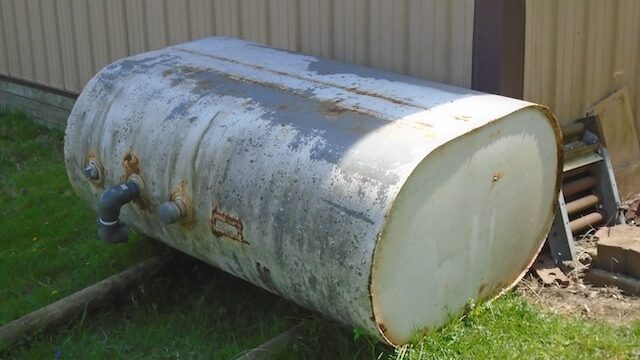When an underground oil tank is found on your property, the situation may seem overwhelming. Trying to remove it yourself could lead to severe consequences, including environmental damage and loss of home heating fuel.
However, many professional oil tank removal services can help you. Here are the key advantages of choosing an experienced company for your project.
Professional Equipment
Whether your oil tank is underground or aboveground, removing it requires special equipment. Professionals will have the right tools and machinery for the job, reducing the risk of environmental contamination and ensuring that all regulations are adhered to. The professional team will drain the tank, clean and cut it open, remove it from the ground, and take it away for proper disposal. They will also clean up any oil spills that might occur during the removal process or while transporting the tank. If you have a buried oil tank on your property, it’s in your best interest to remove it as soon as possible. It can be a severe environmental hazard and lead to expensive soil remediation if it leaks. Plus, mortgage companies often refuse to lend money to homes with leaking tanks. Removing the tank will protect you from these risks and improve the resale value of your home.
Safety
Professionals specializing in oil tank removal know how to handle potentially hazardous materials. They also follow all local regulations and guidelines regarding underground tanks, ensuring that the removal process adheres to all legal requirements. In addition, experts are familiar with the various steps involved in removing an underground oil tank, including inspecting the site and identifying any possible obstacles or problems. They also consider all relevant utility lines, preventing accidents or issues that could impact the process. Lastly, professional oil tank removal Westchester County NY, services are experienced in working with state authorities to close tanks in place. In many cases, simply digging a hole and filling it with sand doesn’t meet the state’s requirements to prove that the tank was closed correctly. This can lead to future contamination cleanup costs for the seller or buyer of the property, as well as the potential for environmental liability. Professionals can help property owners earn a “No Further Action” letter to avoid these issues.
Peace of Mind
If you are a homeowner, having an old underground oil tank can be very stressful. When you hire a professional service, you can ensure the project will be completed within a few hours. You can then enjoy peace of mind knowing that your property is no longer a liability and will not face any issues when it comes time to sell your home. You may even get a lower insurance premium after the project, as your property will be officially oil-tank-free. It is essential to choose a firm that is licensed for both closure (removal) and testing, as this will help you avoid any potential problems.
Experience
Professional oil tank removal companies have been in business for years, so they know what to do and how to handle the job. This experience translates into more accurate, efficient, and cost-effective work. One of the main problems associated with underground oil tanks is that they can leak. This can lead to soil and groundwater contamination that poses significant environmental risks. Fortunately, when professionals remove an old oil tank, this helps to minimize the risk of contamination. It’s also worth noting that many mortgage lenders won’t approve loan applications from homeowners who have a leaking underground oil tank on their property. This is why homeowners must have their oil tanks appropriately removed before selling the property. It’s also a good idea to have an underground oil tank removed if you are planning any home improvement projects. This way, you can ensure that the renovations won’t be damaged by the digging required to remove the oil tank.
